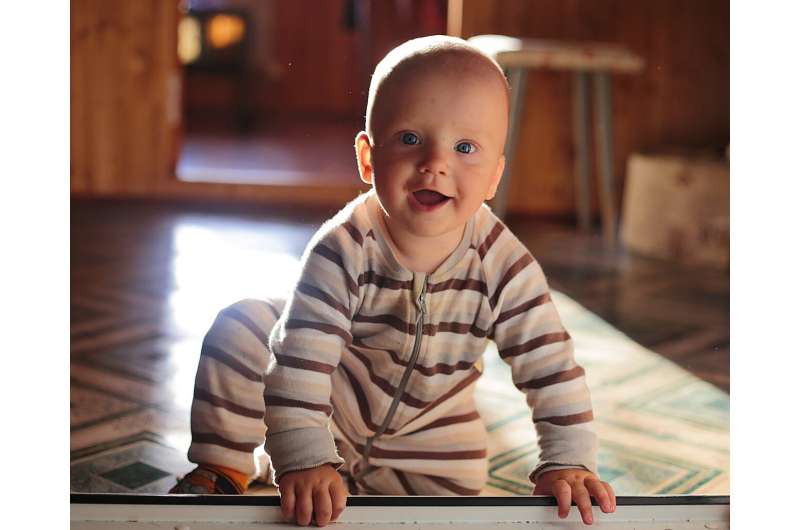Role of the Cerebellum in Developing Mental Empathy During Childhood

New research reveals the cerebellum's crucial role in developing mental empathy and social cognition during early childhood, with implications for neurodevelopmental disorders.
Recent research highlights the significant involvement of the cerebellum, traditionally known for motor control, in the emergence of social cognition and mental empathy in early childhood. A study conducted by scientists at the Max Planck Institute used MRI scans of 41 children aged 3 to 12 years to observe brain activity while watching movies. This revealed that the cerebellum is actively engaged during Theory of Mind (ToM) processing, indicating its role beyond motor functions, extending into language and cognitive processes. The development of ToM, a crucial aspect of social cognition, typically occurs between ages 3 and 5, when children begin to understand that others can hold false beliefs, a key ability measured through false-belief tasks.
The study suggests that early-life cerebellar activity influences the cortical processes associated with understanding others' mental states. Pediatric evidence shows that injuries to the cerebellum early in life can result in persistent social behavior impairments, commonly observed in disorders like autism spectrum disorder and schizophrenia. The researchers propose that the cerebellum provides vital information to the cerebral cortex in children, setting the foundation for later cognitive functions. Interestingly, in adults, the flow of information appears to inversely switch, with the cortex contributing more to cerebellar activity, indicating a developmental shift.
These findings underscore the cerebellum's pivotal role in social and cognitive development during childhood. The research opens avenues for further exploration into early cerebellar activation, especially in infants and younger children, to better understand how early neural mechanisms influence social cognition and mental empathy development. Such insights could be crucial in understanding and addressing neurodevelopmental and psychiatric disorders associated with cerebellar abnormalities.
Source: medicalxpress.com
Stay Updated with Mia's Feed
Get the latest health & wellness insights delivered straight to your inbox.
Related Articles
Parents Beware: Misleading Claims from Companies Banking Baby Teeth for Stem Cell Treatments
Parents are investing in tooth stem cell banking for their children's future, but companies' claims about treatment potential are unproven and misleading, raising concerns among experts about overhyped promises and lack of evidence.
Understanding the Causes of ADHD: Insights into What We Know and Suspect
Explore the current understanding of ADHD's causes, including genetic, environmental, and developmental factors, with insights into diagnosis challenges and gender differences.
Rising Use of Wegovy Among U.S. Adolescents for Weight Management
The use of Wegovy for weight loss in U.S. teenagers is on the rise, with prescriptions increasing and growing recognition of its potential for managing adolescent obesity, despite ongoing safety evaluations and access limitations.



